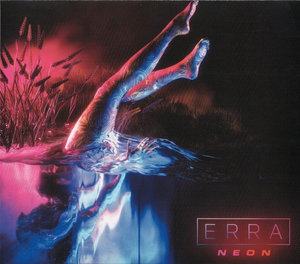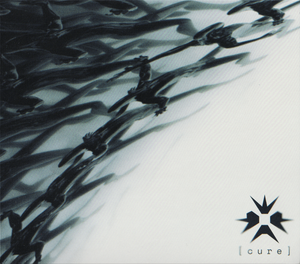

Erra
Follow Your Favorite Band Today!
Top Erra Community Posts
Story of Erra
ERRA: A Heavy Hitter in the Progressive Metalcore Scene
ERRA, the American progressive metalcore band hailing from Birmingham, Alabama, burst onto the scene in 2009. Named after the Akkadian god of war and plague, ERRA's music reflects this fierce, untamed spirit. Since their inception, they've dropped six studio albums and three EPs, amassing a loyal following with their intricate song structures, soaring vocals, and explosive energy. Their latest release, "Cure", dropped on April 5th, 2024, and has already made waves within the metal community.
ERRA's journey has seen them share the stage with some of the biggest names in the genre, including As I Lay Dying, August Burns Red, TesseracT, Born of Osiris, Ice Nine Kills, Glass Cloud, Within the Ruins, Bad Omens, I See Stars, and Texas in July. This extensive touring has cemented their place as a force to be reckoned with in the live music scene.
Early Days and "Impulse" (2009-2011)
The band's origins can be traced back to a group of high school friends – Alex Ballew, Jesse Cash, Adam Hicks, Garrison Lee, and Alan Rigdon. Their self-titled debut EP in 2009 and subsequent release, "Andromeda" in 2010, caught the attention of Tragic Hero Records, who signed them in 2011. Later that year, ERRA unleashed their debut studio album, "Impulse", followed by tours with titans of the scene like Born of Osiris and Upon a Burning Body.
"Augment" and Line-Up Changes (2012-2014)
A turning point in ERRA's history came in 2012 when Adam Hicks left the band to pursue other career endeavors. This spurred a period of creative evolution, with Jesse Cash taking on the double duty of guitar and bass for their second album, "Augment." The release of "Augment" in 2013 saw the band solidify their unique sound and showcase their growing songwriting prowess.
From "Augment" to "Cure": A Story of Growth and Evolution
This shift in lineup marked the beginning of a new chapter for ERRA. Their subsequent releases, "Augment," "Drift," "Neon," and "The Score," demonstrate their continuous evolution and refinement of their musical style. Their latest album, "Cure," represents the pinnacle of their artistic journey, showcasing a band that has not only grown musically but also matured as storytellers.
ERRA's story is a testament to the power of passion, perseverance, and the shared vision of talented musicians. They have established themselves as a cornerstone in the progressive metalcore scene, and with each release, they continue to push boundaries and redefine the genre. Their journey, marked by line-up changes, creative breakthroughs, and unwavering dedication, is one that will undoubtedly continue to inspire future generations of metalheads.
Frequently Asked Questions
Bands you may like
More Metalcore Bands
Discover more bands in the Metalcore genre and explore the diverse sounds that define this musical style.
Browse All Metalcore BandsMore Bands from United States
Discover the rich musical heritage of United States and explore bands that represent the country's unique sound and culture.
Browse All United States Bands





